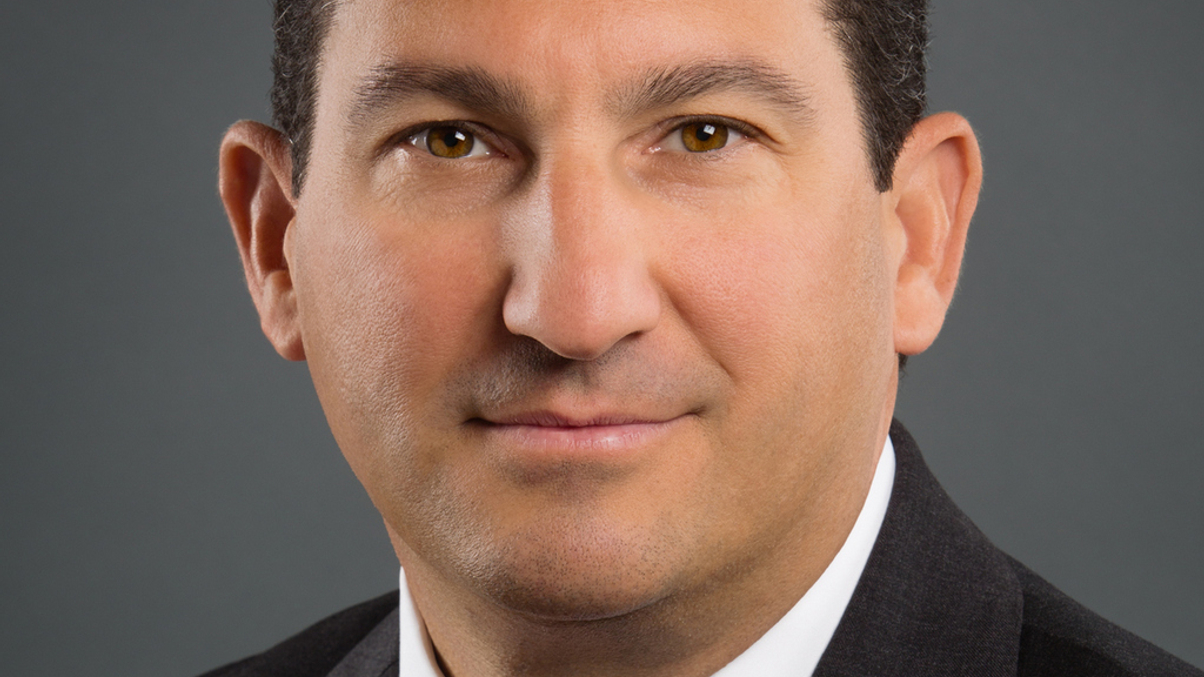MFS IM eyes buildout of investment team
The firm aims to grow its Asia research capabilities to align with emerging market dynamics. It is targeting institutions and has no plans to launch local product for passporting.

US fund house MFS Investment Management aims to strengthen its research teams and build its client base in Asia Pacific, with a focus on institutional and wholesale business.
Sign in to read on!
Registered users get 2 free articles in 30 days.
Subscribers have full unlimited access to AsianInvestor
Not signed up? New users get 2 free articles per month, plus a 7-day unlimited free trial.
¬ Haymarket Media Limited. All rights reserved.


